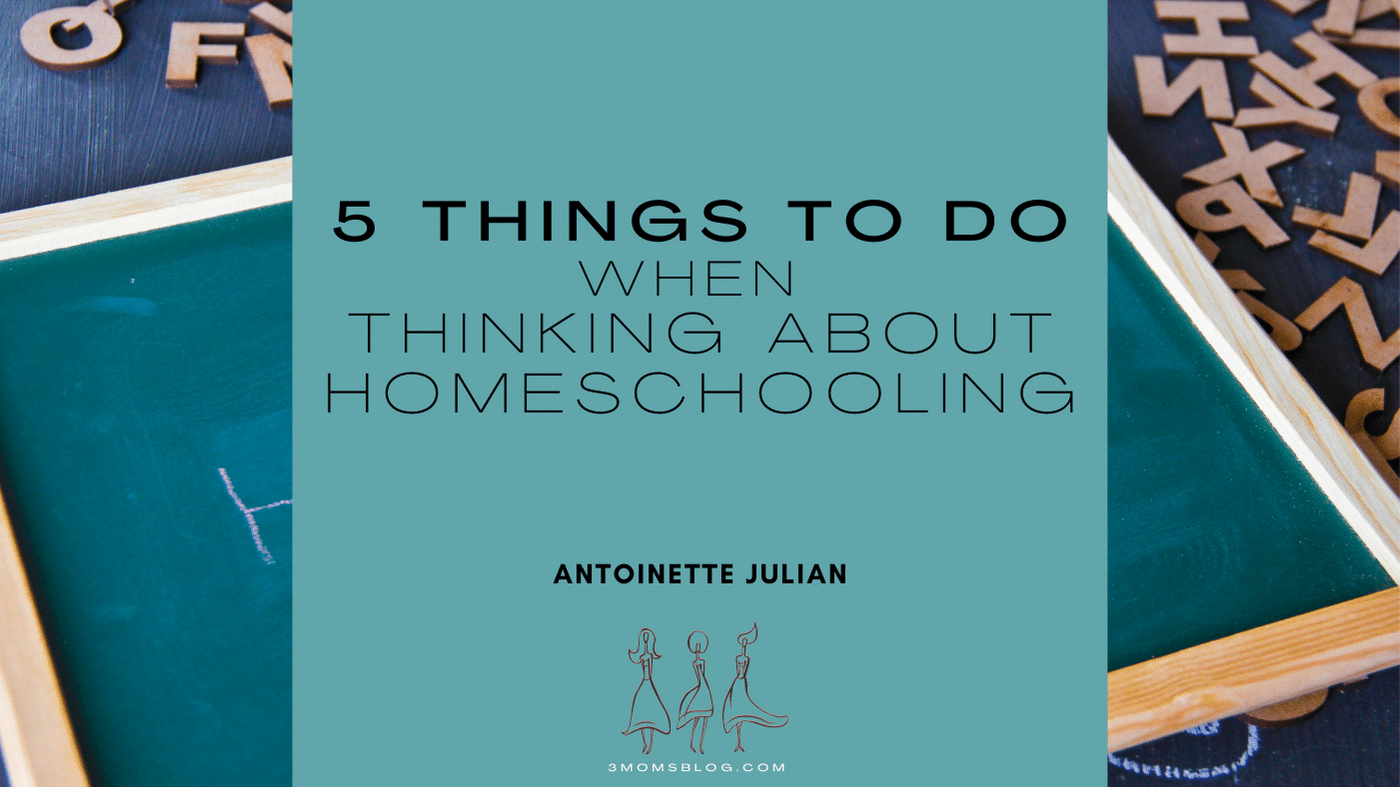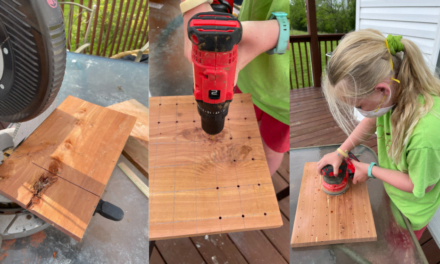While homeschooling became well-known during the pandemic, it is still the least common way for a child to be educated. Least common does not mean least effective. In many cases, homeschooling can the best form of education for a child. Homeschooling can be a lot of fun and provide amazing educational freedom for your family.
what is homeschooling?
The term ‘homeschooling’ simply refers to the process in which one or more children of not more than 2 families are instructed by parents or legal guardians, or a member of either household. Laws that define homeschooling vary from state to state; it is a legal education option in all 50 states. It is important to note that legally, homeschooling is different than using a online private school or partnering with a publicly funded charter school that allows you to use curriculum under their guidance at home. Many of families in those situations do self-identify as homeschool families, just be aware of the legal distinction.
For most children, the actual process of learning begins much before school. Many children already know the alphabet, the names of animals, colors and other more complicated topics well before they reach official compulsory school age. This is commonly due to the child becoming interested in a skill or topic and an observant member of the family who has taken the time to help the child follow their interests and present resources to help them learn and explore the topic. Homeschooling is a natural progression from here and parenting in general. Instead of sending their children to a public school, homeschool parents select or make their own curriculum and teach their children in ways that best suit the child. This is homeschooling, in its most simplistic form.
Some families start their child in public or private school then find that the traditional school approach is not helping their child maximize their potential and turn to homeschooling as an alternative way of giving their child the materials and methods that help them thrive.
In either case, here are five things to explore before you decide to go all-in on homeschooling.

#1 connect with local homeschool groups and meet with parents of other homeschoolers
#2 find the education methods are a good fit for your family

#3 join a few online homeschooling forums
There are still some Yahoo groups out there, but most homeschool groups have migrated to Facebook and other social media platforms. Search for homeschool groups in your town, your county, and your state. Then look for groups associated with your child’s age or your preferred method(s) of education, for example, Montessori homeschooling, classical homeschooling, Charlotte Mason homeschooling, eclectic homeschooling, Christian homeschooling. I recommend only a handful to get started. You’ll add more as you see which online homeschool groups fill your needs. The online groups may also be a way to make in person connections through groups in your area.
#4 know the homeschool regulations in your state
Every state has its own laws regarding home education. Researching and understanding the requirements Your state homeschool organization is a great place to start. If budget allows, I recommend becoming a member of your state homeschool organization. These nonprofits are excellent resources for understanding the laws in your state, often host homeschool events and homeschool conventions, and are important to the homeschool community in responding to proposed changes in the homeschool laws for your state. Homeschooling is now legal in all 50 states, but that was not always the case.
#5 consider the expenses of homeschooling

Antoinette
don’t miss a thing!
sign up for weekly tips and freebies





